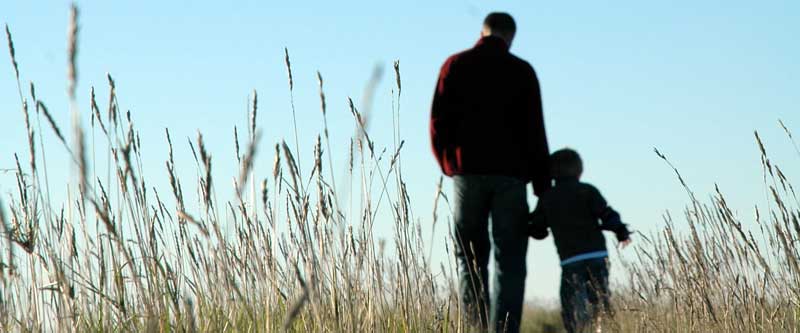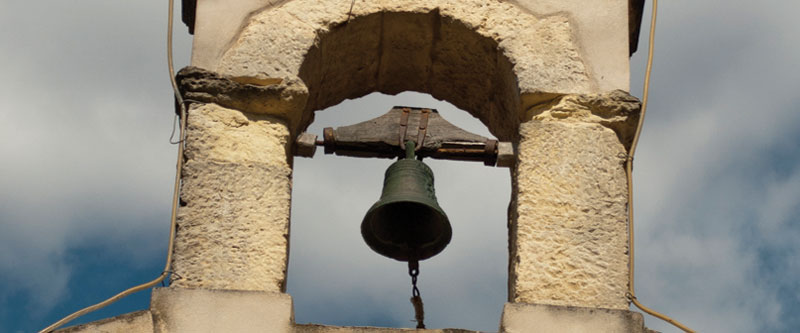In the first installment of this series, a broad definition of Christian Nationalism was suggested. By looking at definitions provided by The Statement on Christian Nationalism and the Gospel and Stephen Wolfe, it was suggested that, broadly speaking, Christian Nationalism is the political philosophy in which the government is accountable to God, and more than that, should order itself in such a way that Christianity is encouraged and supported in the laws and structures of the nation. This installment further explores whether any part of Christian Nationalism is compatible within the Reformed theological tradition.
There are people whose gut reaction is that there is nothing good to be found in anything that combines the word “Christian” and “nation.” Such a response is to throw the proverbial baby out with the bathwater. Although Christian Nationalism has a variety of advocates, and some (as we shall see) are problematic and even rotten, not all of what it suggests is bad. Perhaps the most uncontroversial example for Reformed Christians is the use of the moral law in society. When Christian Nationalism asserts that the civil magistrate should order itself for the glory of God, it is simply saying what previous generations of Reformed theologians and pastors have said. This position should even be seen as a healthy correction to the excesses and failures of today’s western societies. To suggest the moral law has a use for nations should be like hitting an opening drive that lands pleasantly on the fairway of political theory.
The Reformed view of the moral law is first that it is summarized in the Ten Commandments[1], and second, that it has application for everyone, whether believing or unbelieving. Westminster Larger Catechism #95 explains that “The moral law is of use to all men, to inform them of the holy nature and will of God, and of their duty, binding them to walk accordingly.” And so there is no person that can escape consideration regarding this moral law. As it informs man of God’s holiness and the creature’s duty, it does so through three main “uses.” Reformed thinkers arrange them in a different order, but they all agree on the same three basic principles. First, the pedagogical use shows the law-breaker his need for Christ. Second, the civil use restrains sin in families and society. Third, the normative use directs the Christian in his thankfulness to God in his life of holiness. Christian Nationalism, in a practical and helpful way explores ways for the civil use of the moral law to be applied in nations. This idea is not new.
John Calvin clearly understands that there is a civil use of God’s law in society. In his Institutes of the Christian Religion he says: “The second office of the Law is, by means of its fearful denunciations and the consequent dread of punishment, to curb those who, unless forced, have no regard for rectitude and justice.”[2] This description clarifies that the civil use is separate from the condition of the heart. It recognizes some will have to be forced to obey the law, and the heart will not be touched. Some may be tempted to decry compulsion in the use of the moral law in a society of unregenerate people, and yet Calvin saw it as entirely justified: “Nevertheless, this forced and extorted righteousness is necessary for the good of society, its peace being secured by a provision but for which all things would be thrown into tumult and confusion.”[3] For Calvin the external restraint of sin is good for society, and that should not be controversial for Christians.
Stephen Wolfe is a prominent voice in the Christian Nationalist movement. He echoes what Calvin says although he emphasizes the positive outworking of this use: “We can say, therefore, that while cultural Christianity itself, as a social power, cannot bring about spiritual good, it directs people to activities wherein they can procure the things of eternal life, both inside and outside the instituted church.”[4] He does not claim the law saves in any way, but is an agent restraining evil and in that way directs people to spiritual good. The state cannot force people to adopt this good as their own understanding of morality, but it can prevent the evil alternative from being done. The government has an obligation to orient its citizens understanding of morality in relation to God’s law. The Statement on Christian Nationalism and the Gospel says, “We affirm that God’s moral law is enduring and binding on all people throughout all time, including civil authorities and nations, and that it is summarily comprehended in the Ten Commandments.”[5] This statement is in line with the quotes from Calvin mentioned above. It views the civil use of the moral law quite robustly and does not shy away from enforced external righteousness in society.
If Christian Nationalism simply is the idea that all societies must be governed by laws, and that the moral law is the perfect expression of righteousness and therefore it is good for the civil magistrate, as a minister of God, to apply the moral law in its civil use, I doubt many Reformed Christians would object. Kevin DeYoung, by no means a fringe or radical voice in the Reformed camp, says it another way: “Celebrating our Christian heritage, promoting Christian ideas in the public square, and having elected officials who are committed to historic Christianity and eager to see Christian churches protected and flourish—if that’s Christian Nationalism, most evangelicals in this country would be for it. And so would I.”[6] So the difficulty is not in all the propositions that it makes, or even in the desire to have God’s word shape society. Disagreement arises in the details of implementing that theological understanding.
So for the Reformed Christian, there should be broad agreement about the basic foundation of Christian Nationalism. God’s law is applicable for all people, and there is a place for it in the restraint of sin in society. And yet this agreement is at the broadest possible level. For the Christian who thinks the second, or civil use of the law solves all the disputes, this next installment should be helpful. It will examine the challenge of finding agreement on how to proceed in implementing such a political theory. Simple assent about the rule of God over all the world does not mean that, once the particulars are considered, unity abounds. So a broad agreement that the law of God has application, does not mean that governance according to those commandments is embraced by all Christian people.
Pastor Geoff Gleason
Cliffwood Presbyterian Church
[1] Westminster Larger Catechism, #98.
[2] John Calvin, Institutes of the Christian Religion, trans. Henry Beveridge (Peabody, MA: Hendrickson, 2008), 2.7.10., 224.
[3] Ibid.
[4] Stephen Wolfe, The Case for Christian Nationalism, (Moscow, Idaho: Canon Press, 2022), 213.
[5] Silberman, James, and Dusty Deevers, The Statement on Christian Nationalism and the Gospel, Article III: The Standard of Justice, accessed January 20, 2026, https://www.statementonchristiannationalism.com.
[6] Kevin DeYoung, “6 Questions for Christian Nationalists,” Clearly Reformed, accessed December 8, 2025, https://clearlyreformed.org/6-questions-for-christian-nationalists/.











